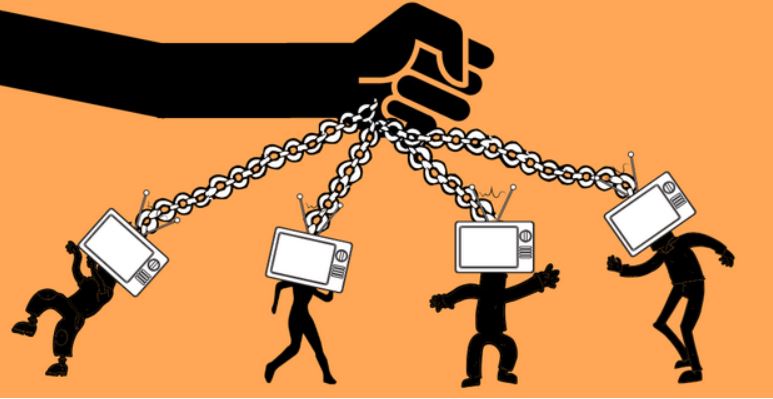There are words in propaganda and publicity that people use as labels to discredit their opponents. Both the preachers and their “target audience” often do not understand the meaning of these words. Such labels are often used by Russian propaganda in the Russian-Ukrainian war. Our readers should know that there is a city in Moldova called Bender (“e”), and Stepan Bandera (“a”) was a Ukrainian nationalist whose leadership was fighting against the Soviet Union, including while armed, also by collaborating with the German Nazis.
Bandera was assassinated in 1959 in Munich by a KGB agent. There are indeed extremist nationalist groups in Ukraine today, but their influence on political life is minimal. In the 2019 presidential election, the candidate of these groups received 1.6 percent of the vote, and 74 percent of Ukrainians voted for Volodymyr Zelensky, a Jew whose three relatives were victims of the Holocaust and whose grandfather served in the Soviet Army during the Great Patriotic War. It is not right to call the Ukrainian army (where most of the soldiers, by the way, Russians) “Banderites” and the Ukrainian government “Nazi.” But it is clear that the word “Nazi” has a very negative connotation for any normal person, and many do not go into whether this label is applicable to the current government in Ukraine.
The same can be said about the labels used in our domestic politics. Some of the opposition label the Prime Minister a “traitor” with no details on what it means. In the applied sense, a traitor is a figure who has collaborated with an adversary state (states) to harm their own country. I think that accusation is not applicable in Pashinyan’s case. He made gross mistakes in domestic and foreign policy, and during the war, being the Commander-in-Chief of the Armed Forces, he failed to ensure the protection and, consequently, the security of our people. But that has nothing to do with the “traitor” label.
The same with “thieves.” In 1998-2018, many corruption crimes were committed in Armenia, the perpetrators of which have not yet been punished (see, who is to blame for that). But when the accusation of “robbery” is thrown in the face of a deputy of the Armenia or I Have Honor alliances, the person who uses that label must explain what the given deputy stole.
Read also
That is why I have reservations about the concept of “lustration.” Responsibility should be personal, not collective. A person should be punished not for being a member of the All-Armenian Movement, the Republican Party, or the Communist Party, but for their specific actions.
Aram Abrahamyan























































